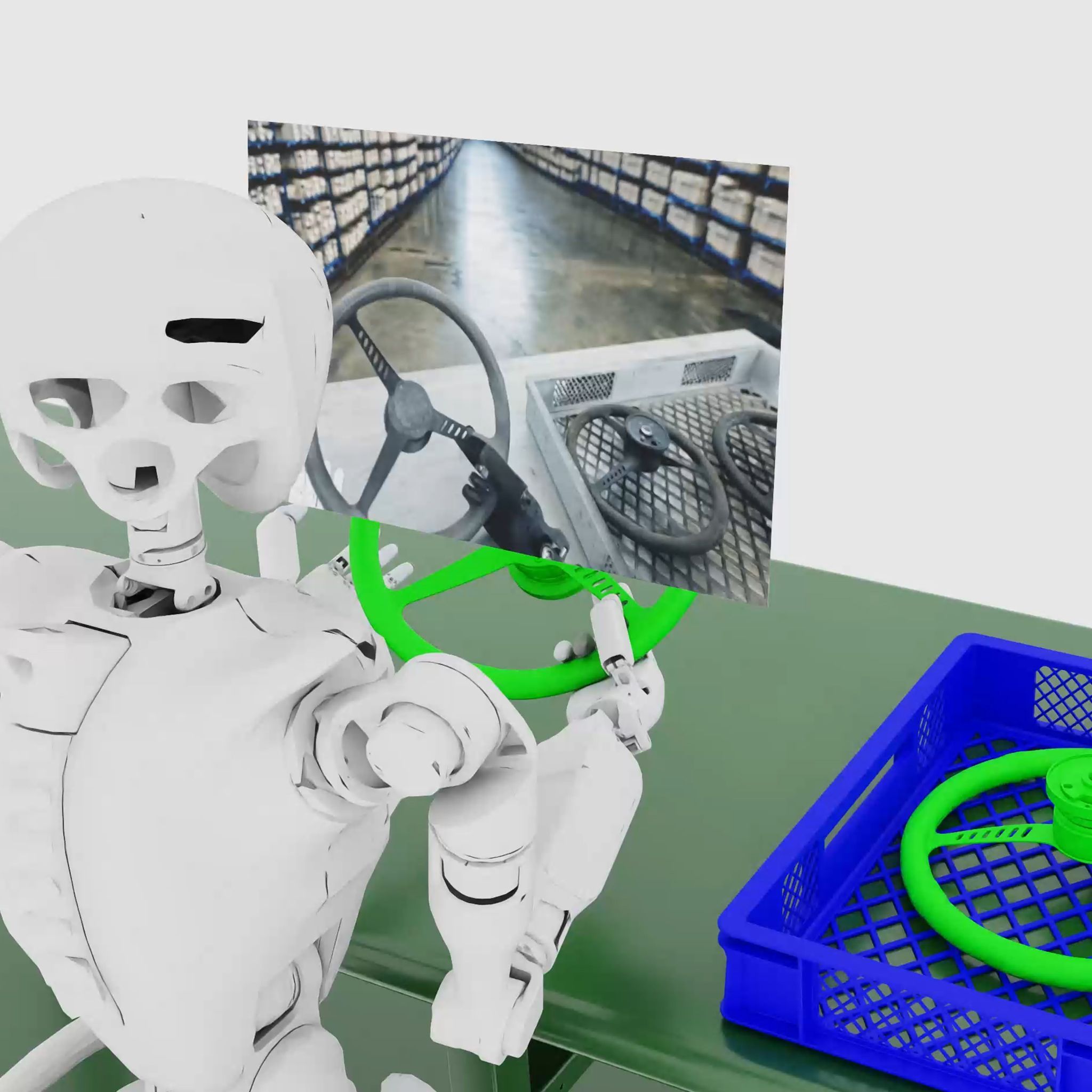San Diego robotics company Hillbot unveils a new robot that learns complex tasks through computer simulations instead of real-world practice, marking a shift in how robots are trained.
The robot, called Hillbot Alpha, will first appear in California cafes to stock shelves. It can identify different drink brands and handle items carefully while working around customers.
Hillbot uses two simulation tools, Sapien and ManiSkill, to create virtual training worlds. These tools make detailed copies of real places, including features like lighting and people moving around.
The company starts with a small amount of real-world data, then uses AI to create many variations. This helps the robot prepare for different situations it might face on the job.
"Digital twins" of real spaces let Hillbot Alpha practice tasks thousands of times before working in actual locations. This cuts down training time and costs compared to teaching robots in physical spaces.
Traditional robot training needs real environments, which limits how many tasks robots can learn. Hillbot's simulation approach lets robots quickly learn new skills that work in the real world.
The company aims to expand beyond cafes. Future versions of the robot could work in warehouses, handling different package types and adjusting to layout changes.
This approach could make robots more useful in places where tasks change often. Hillbot says its robots can learn new jobs entirely through simulations, making them more adaptable than traditional robots.
